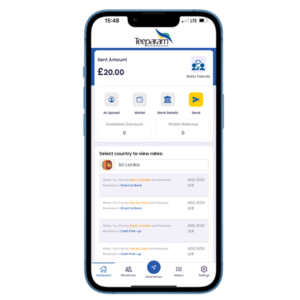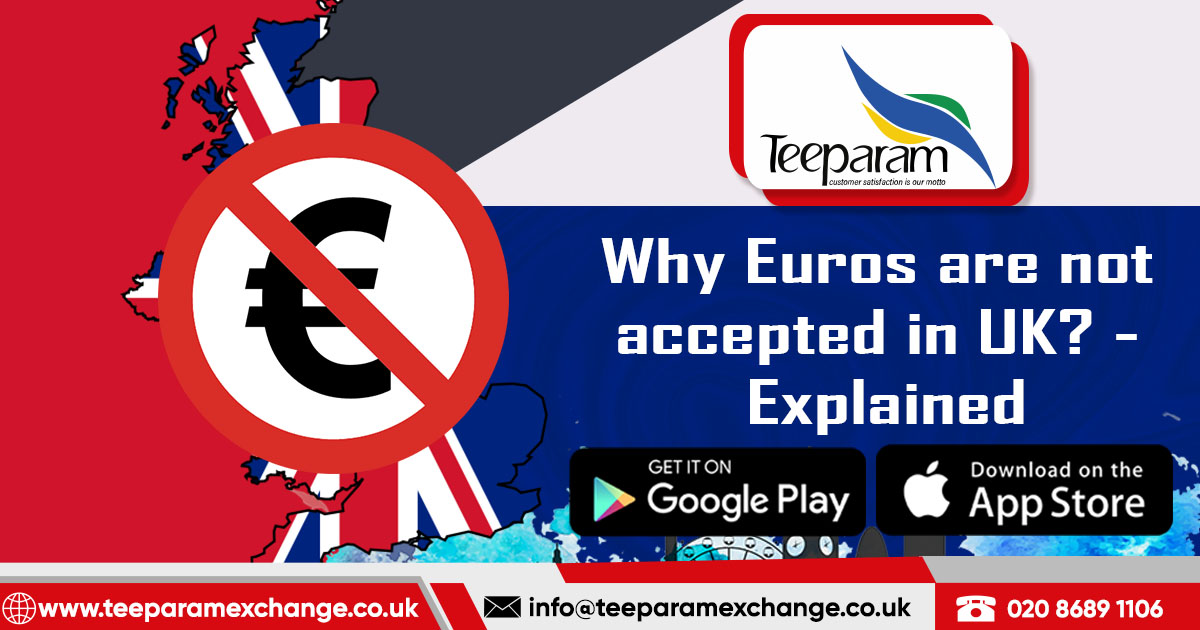The United Kingdom left the European Union on January 31, 2020, in a process known as Brexit. Before leaving, the UK was unique among EU countries because it chose not to adopt the euro as its currency. Instead, it kept using the British pound sterling. The choice to stick with the British pound instead of adopting the euro is based on a combination of reasons related to the economy, politics, and the UK’s history. These factors have influenced how the UK manages its own currency.
All about Euro
The European Union was formed with the Maastricht Treaty and officially started on November 1, 1993. The euro became the common currency for most EU countries on January 1, 2002, creating what we call the eurozone. People who support the euro believe that using one currency across Europe reduces risks related to exchange rates for businesses and investors. They also argue that a strong euro can compete better with the U.S. dollar and other major currencies.
However, critics of the euro system think that too much power is held by the European Central Bank (ECB), which makes decisions about the euro’s monetary policies. This setup limits individual countries’ ability to respond to their own economic situations.
Out of the 27 European Union countries, 20 of them use the euro as their official money. These countries are Austria, Belgium, Cyprus, Estonia, Finland, France, Germany, Greece, Ireland, Italy, Latvia, Lithuania, Luxembourg, Malta, the Netherlands, Portugal, Slovakia, Slovenia, and Spain. However, Denmark, even though it’s in the EU, still uses its own currency instead of the euro.
Why did the UK never want to adopt the Euro as their currency?
When they suggested using the euro as the single currency for the European Union in 1997, Gordon Brown, who was in charge of the UK’s finances, set five economic tests that needed to be passed for the country to agree. However, the UK didn’t meet these tests, so it decided not to adopt the euro.
Gordon Brown came up with a checklist of five economic tests to decide if the UK should switch from the pound to the euro. These tests included making sure that the eurozone’s economy matched well with the UK’s, having flexibility to handle local and overall economic issues, encouraging investment in the UK, keeping the nation’s financial services competitive globally, and promoting growth, stability, and more jobs.
Some people think that these tests were intentionally made very challenging, making it nearly impossible to justify switching to the euro from the pound.
Historical Context and Economic Sovereignty
The UK has always been protective of its economic independence. The British pound, being one of the oldest currencies still in use, is a source of national pride and a symbol of economic freedom. When the European Union was created and the idea of a single currency came up, the UK was hesitant to give up control of its monetary policy to the European Central Bank (ECB).
By keeping the pound, the UK could decide its own interest rates and control its monetary policy according to its economic needs. This freedom allowed the UK to respond quickly to economic challenges by adjusting its monetary policy without having to coordinate with other countries in the Eurozone.
Political Considerations
In the UK, many people have long been skeptical about the European Union. One major worry was losing control over their own country’s decisions. People were concerned that if they adopted the euro, decisions would be made in Brussels, and this could mean losing British identity and the ability to make important choices independently.
The Maastricht Treaty
In 1992, the Maastricht Treaty established the European Union and paved the way for the Euro. The UK, led by Prime Minister John Major, secured an agreement that allowed them to choose not to participate in the third phase of the European Monetary Union. This meant the UK wasn’t required to adopt the Euro.
Economic Criteria
The Maastricht criteria were like strict rules that countries had to follow if they wanted to use the Euro. These rules aimed to make sure that all economies using the Euro were similar to avoid differences among them. The UK met many of these criteria but decided not to join, as explained earlier.
Practical Implications of Different Currencies
When people and businesses deal with different currencies, it can be tricky. Converting money involves extra costs and makes trading and traveling more complicated. However, the UK has found ways to handle this. They let people swap Euros for British pounds at banks, airports, and special shops. In some popular tourist spots, they even unofficially accept Euros. This helps make things easier for visitors and businesses.
Eurozone Crisis and Its Impact on the UK’s Decision
Starting in 2009, the Eurozone faced a crisis that showed the problems of having one currency for different countries. It was tough to handle a currency when countries had different financial policies and economic conditions. For many people in the UK, this crisis proved that keeping the pound was a good choice, as it avoided the issues faced by countries using the euro.
Brexit and the Reaffirmation of Monetary Independence
In 2016, the UK had a big vote called Brexit to decide if they wanted to stay in the European Union or leave. The result showed that the UK wanted more independence, and this included keeping their own currency. After Brexit, the UK made it clear that they don’t want to be part of the Eurozone’s money system.
Future of the Pound
The British pound is a symbol of the UK’s economic identity and freedom. After Brexit, the UK has both new challenges and chances in creating trade ties and keeping economic stability. Choosing to stick with the pound will keep influencing how the UK plans its economy and deals with other countries globally.

The UK not using the Euro is a complex matter with deep ties to its economy, politics, and history. Choosing to keep the British pound shows a bigger goal for economic independence and a careful approach to joining with other economies. While this decision has some downsides, like making trade and travel a bit more complicated, many people in the UK see it as necessary for their country’s freedom and ability to make its own choices. You can send money to sri lanka through Teeparam and get best exchange rates at a very competitive fees.
